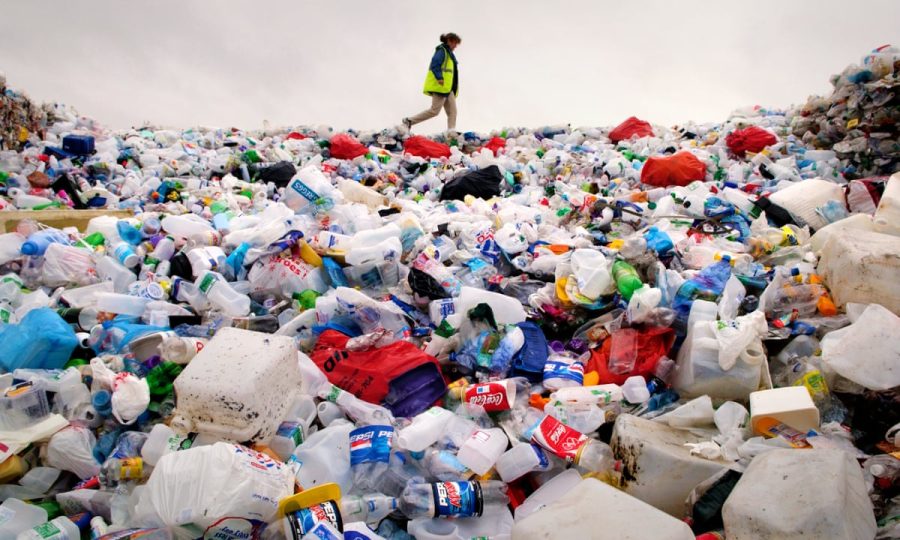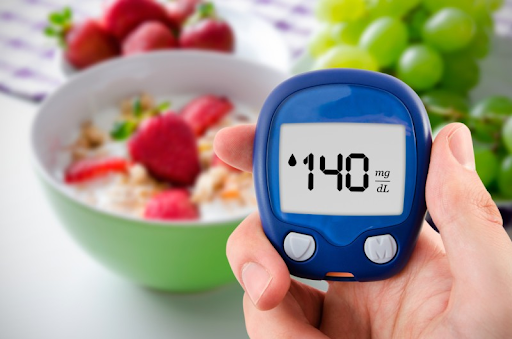In 1907, one of mankind’s most important inventions was created. Plastic. Lee Baekeland, a Belgian chemist, created the first, fully synthetic plastic which was then used in mass production. This new material allowed for medical advancements, bigger factories, and even the invention of new fabrics. But as years pass, there seems to be a bigger problem with plastics than people ever imagined. Plastic can take around 500 years to decompose; therefore, most of it is still sitting around somewhere in a landfill. Many people say to fix this problem we should recycle, but “[o]nly 9% of all plastic waste ever produced has been recycled. About 12% has been incinerated, while the rest — 79% — has accumulated in landfills, dumps or the natural environment.” That’s a really scary statistic, especially if you consider that plastic consumption is nowhere near slowing down. The problem is, plastic is so ingrained in our lives, that it can be near impossible to stop using it entirely.
I wanted to see just how much single-use plastic I use on a daily basis. To do this, I recorded a full day of what plastic items I personally used and threw away without restricting myself. To my surprise, I used around 18 items of single-use plastic, most of which was food waste. If I were to assume this is my average daily consumption, I end up with around 6000 pieces of single-use plastic a year. And this is just ME! And even worse, this number does not include the plastic used to make my food, make clothes, or anything I did not open and throw away by myself.
Society’s gross amount of plastic consumption is not only affecting our earth but also ourselves. Tiny pieces of plastic called microplastics are literally found inside of us. According to the Thomson Reuters Foundation, “[i]n a month, we ingest the weight of a 4×2 Lego brick in plastic, and in a year, the amount of plastic in a fireman’s helmet.” When put into perspective, the amount of plastic consumed doesn’t seem so insignificant anymore. To make matters worse, microplastics were even found in placentas. The health effects of microplastics are largely unknown, but chances are they’re not going to be good.
So how do we reduce our plastic consumption? Well, we’ve all been learning how to do that since elementary school. The three R’s, Reduce, Reuse, and Recycle, are ways that people can eliminate much of the unnecessary plastic waste. Maybe instead of using plastic bags, you bring a reusable one, or you can start shopping in farmer’s markets to reduce the plastic used in shipping food from different countries. Opt for plastic-free snacks instead of a granola bar you bought in Kroger. Even though a large portion of plastic waste is created by companies, by living more sustainably, we can influence industries to do the same.
Sources:
“Microfibres: The Plastic in Our Clothes.” Friends of the Earth, https://friendsoftheearth.uk/plastics/microfibres-plastic-in-our-clothes
Parker, Laura. “Plastic Pollution Is a Huge Problem-and It’s Not Too Late to Fix It.” Science, National Geographic, 4 May 2021, https://www.nationalgeographic.com/science/article/plastic-pollution-huge-problem-not-too-late-to-fix-it
“Microplastics Revealed in the Placentas of Unborn Babies.” The Guardian, Guardian News and Media, 22 Dec. 2020, https://www.theguardian.com/environment/2020/dec/22/microplastics-revealed-in-placentas-unborn-babies
Our Planet Is Drowning in Plastic Pollution. This … – UNEP. https://www.unep.org/interactive/beat-plastic-pollution/













Cathy Bella • Nov 30, 2021 at 6:04 pm
Thanks for writing about this, Samantha! Such an important topic but one that is so easy to turn a blind eye to.